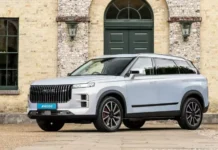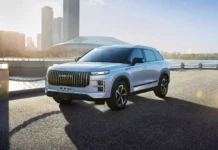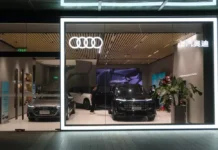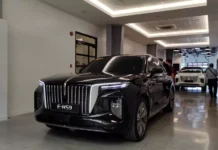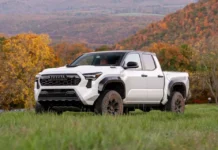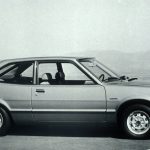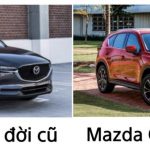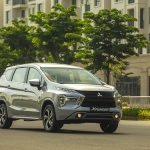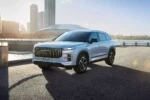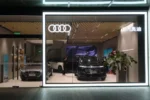Multimarcas, a car dealership located in suburban Havana, is far from your average showroom. With only one salesperson on the floor, this dealership is selling just one brand new car – a 2014 Kia Picanto.
Now, brace yourself for the price – a whopping 68,000 CUC (equivalent to 68,000 USD). To put things into perspective, this figure is seven times higher than the price of a similar Kia Rio model in the US.
But it doesn’t end there. In Cuba, it’s not just new cars that come with a hefty price tag. A used Chinese Geely with “only 93,000 km” listed on Revolico, the Cuban version of Craiglist, is being offered for a staggering 43,000 USD. Similarly, a 2012 Hyundai Accent fetches a hefty price of 67,000 USD.
While Cuba is renowned for its classic Cadillac and Chevey cars often used for tourist rides, Cubans themselves prefer more affordable and fuel-efficient options like Korean Kias and French Peugeots for their everyday commute.
What’s interesting is that in Cuba, unlike other countries, the value of affordable cars is actually rising over time. This upward trend is fueled by the increasing demand for such cars, despite the fact that they deteriorate quickly due to the poor road conditions, notorious for their many potholes. This surge in demand far surpasses the limited supply of affordable cars.
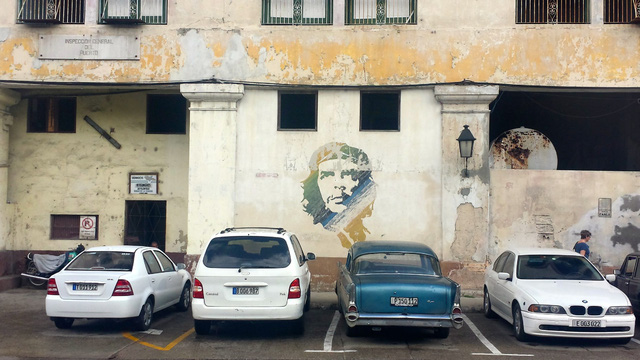
Cuba’s history with private vehicles is complex. Post-revolution in 1959, the government imposed severe restrictions on car sales (although existing owners were allowed to retain their vehicles). Special privileges were granted to artists, athletes, and outstanding workers who were given cars by the government. High-ranking officials had access to government vehicles and could purchase cars at preferential prices upon retirement. Fuel prices were almost nominal.
Upon gradually opening up its economy, Cuba has liberalized its car market to some extent. Since 2013, individuals have been allowed to buy and sell used cars without needing government permission. However, the sale of new cars is restricted to state-owned dealerships like Multimarcas.
Given limited internet access in Cuba, potential buyers often face challenges when it comes to comparing prices. Many rely on word-of-mouth recommendations or Revolico, which is primarily used by individual sellers and small businesses.
With a car ownership rate of just 20 per 1,000 people, Cuba boasts one of the lowest rates in the world. Imports are heavily controlled by the government, with a limit of 2,000 cars per year over the past five years. This cautious approach to economic liberalization has sparked a surge in demand for used cars.
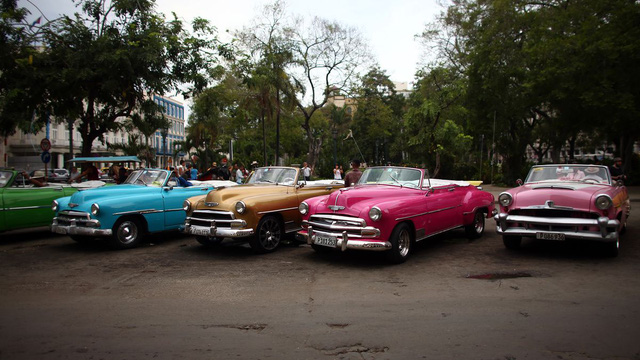
A new group of entrepreneurs known as “cuentapropistas” or self-employed individuals, along with Cubans who receive cash from family abroad, are keen on owning a car. As a result, used cars (despite their limited availability) are considered more of a “perfect” commodity than a depreciating asset.
One businessman shared his success story, claiming to have bought and sold two cars last year, making a profit of 20,000 USD. This figure significantly surpasses the 25 USD/month salary he received from the government. He admits to not knowing much about his buyers as they are likely unwilling to disclose their financials.
In the case of a cuentapropista couple in Havana, they purchased a European sedan in 2011 for 30,000 USD, only to sell it four years later for 45,000 USD. They then opted for a used SUV priced at 100,000 USD. According to the wife, “For the same amount, we could have bought several BMWs in the US.”
Another Havana resident had to sell his house in order to acquire a 25-year-old VW Golf for 10,000 USD. Over the course of 10 years, its value doubled. He mentioned that adding air conditioning to the car could earn him a few thousand more during a sale.
An engineer who retired purchased a 1980s Russian Lada model from his state-owned company in 2000 for a mere 160 USD. Last year, he successfully sold it at a price almost 100 times higher than the purchase price.
Cubans are well aware of the craziness of the used car market. On national television, a comedian named Panfilo even joked that the prices of used cars are so unbelievably high that even the “lion of the Peugeot company” would be amazed.
Honda Accord: 40 Years of Automotive Excellence
Looking at the Vietnamese car market right now and humorously comparing it, we will see Camry as a well-behaved young girl, not outstanding in every aspect but easily becoming the choice of the “other half”. Teana, on the other hand, is like a dignified and tranquil woman, full of courage. Meanwhile, Mazda6 is like a hot girl, quickly attracting and captivating anyone’s gaze from the first encounter. As for Accord – with the elegance and experiences of a U30 lady, even though she is always praised by everyone, she hides something “difficult to deal with” in the minds of the majority.

